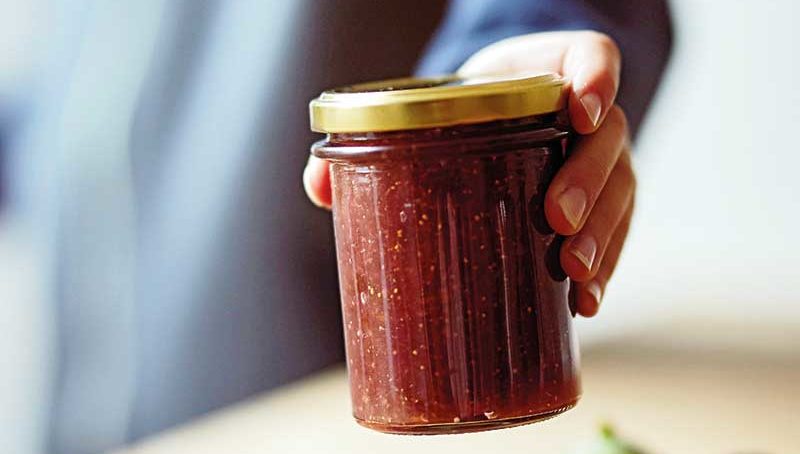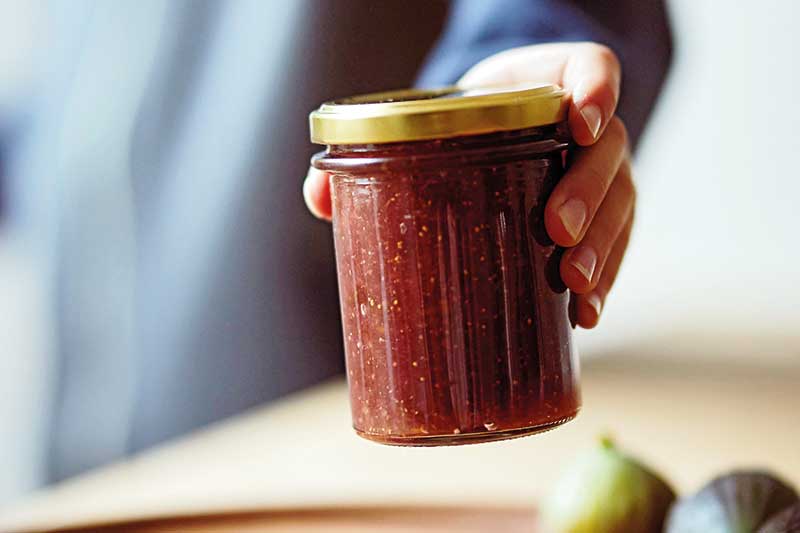F&B operations are based on three major pillars of equal importance; location, service and quality of offering. The quality of offering is determined by two key factors, namely the standard of the raw materials used and the skill in production. Chadi Chidiac, managing partner of PROTOCOL, looks at purchasing and its impact on the bottom line
The Middle East market
For over a decade, significant importance has been given by operators in the Middle East to the quality of raw materials used in their recipes. Hence, all stakeholders, ranging from chefs, managers and owners to growers and guests, have become wiser and more knowledgeable about what to work with and order. Some major chains and operators have set up defensive strategies to counter price volatility and inflating costs of raw materials by integrating vertically. However, dealing with this issue is certainly no walk in the park, especially for medium and small-sized operators.
In particular, this phenomenon imposes challenging tasks on suppliers’ chains, which are constantly having to keep up with market dynamics by:
1) Playing the smart game of seasonality and price volatility, giving them a major advantage in a fiercely competitive market.
2) Maintaining stock levels to match demand without any potential gaps or deficit, which could result in the rapid switching of accounts to competitors.
3) Avoiding tying up large volumes of cash in stocks.
4) Playing the smart game of yield management by focusing on seasonality and price volatility, a crucial edge in a fiercely competitive market. Only 10 years ago, the demand for many ingredients was much lower and, in some cases, non-existent. Examples include ingredients such as gin-infused salmon and wagyu beef for the high-end market or salmon gravlax and grass-fed Argentinian beef for mid-to-upper-tier users.
Replacement aces
A recent study conducted by PROTOCOL – a supplier itself through its trade division – on the HORECA supply chain surveyed just over 60 establishments operating in Lebanon and the Middle East through separate entities and/or franchise agreements. Its findings clearly showed the evolution in demand patterns for guests and the need for operators to either satisfy their guests’ demands or introduce new items and offerings to increase competitiveness.
Either way, the creation of a premium product constituted a steep uphill battle, hampered by increased stress on food costs. It also narrowed the contribution margin for operators, as happened previously when hotel amenities were introduced and guests showed themselves unwilling to pay more in an economically challenging environment, despite increasing their demands.
Smart moves are already underway, with operators beginning to change their modus operandi and choosing to seek out high-quality alternatives to some traditional, replaceable ingredients from identical, if not better producers based in lesser-known locations, at cheaper prices and sometimes with a better yield-per-unit.
Shifting patterns
Decisionmakers at reputable establishments and well-known entities have begun rethinking their strategies, especially when it comes to reducing direct or variable costs or food costs, otherwise known as COGS (cost of goods sold) in the business.
Gilbert Hobeika, general manager, Wooden Bakery, said because of the spike in labor costs and changes to the tax laws, as well as rocketing prices of raw materials, the business had needed to rethink its approach. “Thus, we set out our strategic plan, undertook a daring automation investment and, most importantly, sought alternative suppliers for raw materials and products used,” he explained. “We have also incepted satellite warehouses, alongside renewable power, thereby cutting down direct cost of food, as well as labor and utility expenses.”
The same pattern is evident in most GCC countries, with a shift underway in market conditions, according to Daniel Chidiac, general manager, Greenhouse Foodstuff Trading. “The Emirati market has become extremely tough; end-users are becoming much more cost-conscious, which is putting pressure on procurement managers,” he said. “We therefore had to change our strategy and focus, which had always been high-end oriented.” He added that generic products and ingredients represent the best alternative for both operators and clients, preventing them from paying for the marketing of the brands.
Moves to source alternative produce and suppliers, with a view to significantly reducing food costs, are also underway in Saudi Arabia, prompted by regulatory changes, which are expected to have a huge impact on the operating bottom line. “The Ministry of Commerce and Industry will be playing a part in controlling the sale prices of meals in the Kingdom by setting benchmarks for prices in food and beverage establishments and operations at similar levels to those being charged abroad for the same products,” said Sulaiman Al-Samahi, chairman of the National Consumer Protection Association. According to Al-Samahi, sales prices are often inflated and many operators are overcharging customers.
HORECA suppliers of small operating equipment and kitchen utensils are witnessing the same trends, as Eliane Khalil owner and general manager of EK Hospitality, confirmed. “Having been in this business for the last 15 years or more, I’ve seen it all,” she said. “Despite a very selective niche market that is still asking for top-notch European brands, the general mood has changed. In the current climate, most food and beverage operators are looking for value products, with lines selling at lower price tags than ever before.”
Consensus
At the very least, managers and operators should start looking for alternative sources of goods that can be considered by smart decisionmakers as controllable expenses. Take butter as an example; prices of French and Danish butter have been rising for more than five years, due to a scarcity of milk in their biggest source markets of France and New Zealand. Manufacturers should be considering high quality alternatives from other locations, such as Ukraine and Turkey.



















